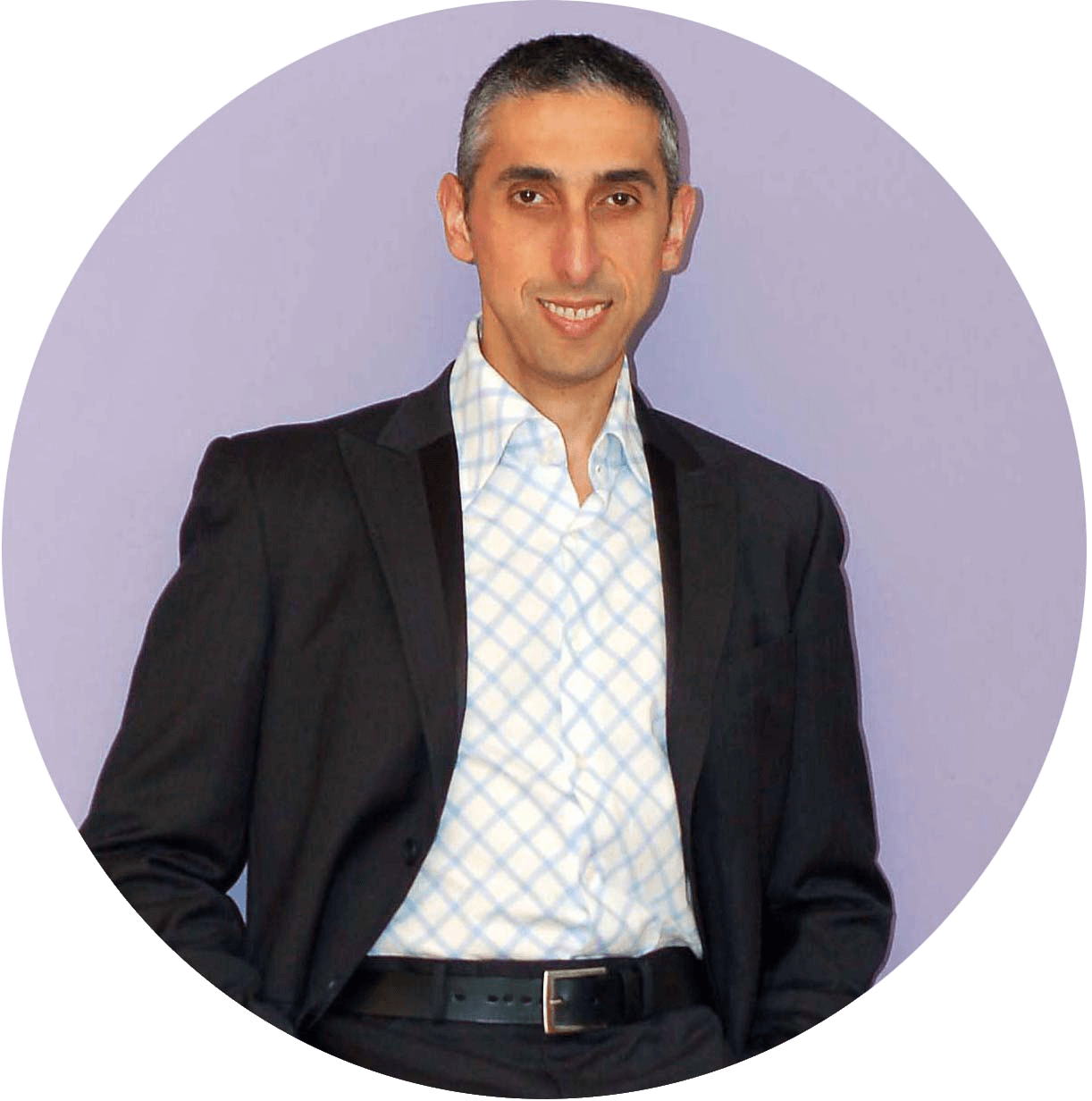Internal Conflict Triggered By Chaos
“Your pain is the breaking of the shell that encloses your understanding. It is the bitter potion by which the physician within you heals your sick self, so therefore, trust the physician and drink his remedy in silence and tranquillity.”—Kahlil Gibran
It was the developmental psychologist Erik Erikson who first coined the term identity crisis.
He formulated eight key stages one undergoes through their adolescent years based on their psychosocial development.
They are:
- Stage 1 – Trust vs. Mistrust
- Stage 2 – Autonomy vs. Shame and Doubt
- Stage 3 – Initiative vs. Guilt
- Stage 4 – Industry vs. Inferiority
- Stage 5 – Identity vs. Confusion
- Stage 6 – Intimacy vs. Isolation
- Stage 7 – Generativity vs. Stagnation
- Stage 8 – Integrity vs. Despair
Erikson believed a person’s personality develops in a series of stages. His model differs to Freud’s in that social interactions and relationships impact an individual’s development and growth throughout their life.
Each stage builds on the previous one which creates the foundations for growth in the following years.
At each stage, a person experiences internal conflicts, thus creating a turning point in the individual’s personality.
The conflicts are based on the understanding that an individual experiences growth or fails to develop these qualities.
In the educational book Key Concepts in Counselling and Psychotherapy: A Critical A-Z Guide to Theory author Vicki Smith gives a clear understanding of how an identity crisis can become a source of power within the individual’s psyche: “He (Erikson) believed that we all have identity crises at one time or another in our lives and that these crises do not necessarily represent a negative state but can be a driving force toward positive resolution.”
If they integrate the conflicts into their personality, the subsequent growth and development will serve them later in life. If they don’t develop these abilities, they are likely to suffer an inhibited sense of self which dominates their life.
Erikson’s understanding is that an individual becomes competent when moving through the eight stages and integrates the egoic self into their psyche.
In a similar vein, author Jan Frazier explains in The Freedom of Being: At Ease with What Is the need to transcend the ego by stepping outside the known sense of self: “In order to look at yourself, you have to step outside of it. Look not with the eyes of the ego, but with the eyes of presence.”
The Ego Is Not Meant To Dominate Your Life
“Our stories come from our lives and from the playwright’s pen, the mind of the actor, the roles we create, the artistry of life itself and the quest for peace.”—Maya Angelou
Many people identify with outer aspects of their life as the basis to their identity.
For example, an individual may believe their role is that of a mother and wife. Yet, if their husband is unfaithful and the marriage dissolves, they will question their identity since they no longer associate with that label.
Similarly, others presume their work, relationships, physical appearance, social and wealth status or performance are measures of their identity.
Regrettably, if these aspects are removed from their life, they experience an identity crisis because they created a persona around them.
I would argue these qualities do not shape your identity but are a vehicle in which to explore your life’s narrative.
Your ego is the identity the mind constructs to define itself, yet this is a fictional narrative because external events can disrupt it.
Jan Frazier reaffirms how the roles you play do not construct your identity since there is an underlying presence beneath that: “The roles you play, the features you exhibit, the things you believe in — while they matter very much in the ordinary realm of human discourse — are not what you are. When presence senses itself within you, none of these things have any substance.”
Your true identity lies beneath the shadow of the egoic self. An identity crisis is vital to an individual’s growth because it allows for chaos and order to reveal one’s authentic nature.
An identity crisis can be likened to the shell of an egg breaking open. The shell merely gives form to the ego so it can make sense of its role within society.
The ego is not meant to dominate your life, nor do you wish to banish it. It must be integrated with the authentic self to develop the wholeness of who you are.
Otherwise, the egoic self you once identified with is no longer something you can uphold.
Don’t Try To Make Sense Of Chaos
“It is not in the stars to hold our destiny but in ourselves.”—William Shakespeare
To paint a contrasting view, psychotherapist and meditation teacher Loch Kelly writes in Shift into Freedom: The Science and Practice of Open-Hearted Awareness how consciousness creates a thinker to uphold the ego, thus forming a mistaken identity in the process: “Afflictive consciousness creates a thinker out of thinking and ego function, and this thought-based sense of self forms the core of mistaken identity. Nothing more than a self-referential loop of thinking about thinking, our mistaken identity is actually a continuous conceptual proliferation that creates solid things out of images and a solid self out of thinking.”
What is essential is to unmask the egoic self so the pain, suffering and uncertainty are the underpinnings for future growth and development.
It is like the progress of performance athletes experience when training for the Olympics. They must push to the edge of their limits and discover their potential or risk remaining where they are.
If they push too far too soon, they may invoke physical injury that can sideline them. They may become depressed as a result because their identity is formed around their status of an athlete and performance.
However, from a developmental viewpoint, the experience can be vital to their performance if they can let go of their fixed narrative and former identity.
If you experienced an identity crisis, trust in the deeper psychological lesson guiding your personal development.
Don’t try to make sense of the chaos, but surrender to the process, knowing whatever is breaking apart is doing so to make way for the true self to emerge.

Are You Ready to Transform Your Life with Confidence?
Are you ready to transform your life and unlock your potential? Start your journey with me today! My Life Coaching Program has empowered many to achieve lasting change. Schedule your FREE 30-minute consultation now and take the first step towards a brighter, more confident you.
Tony Fahkry
Expert Life Coach















